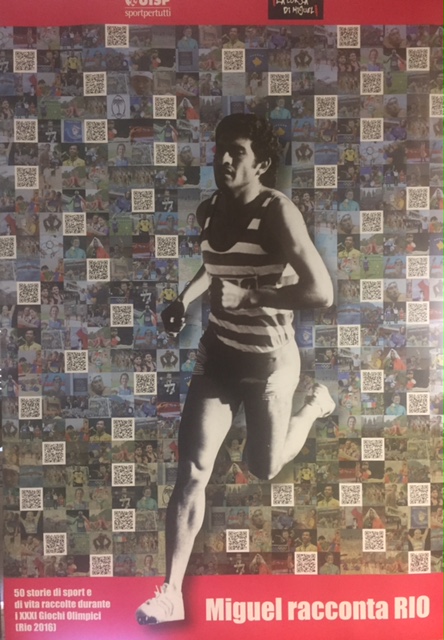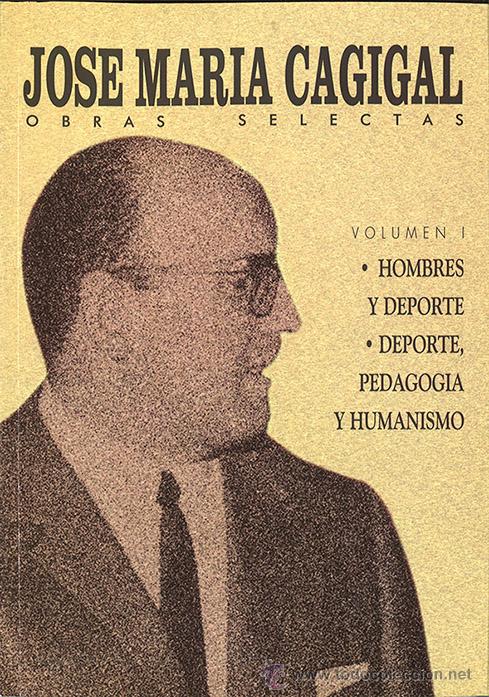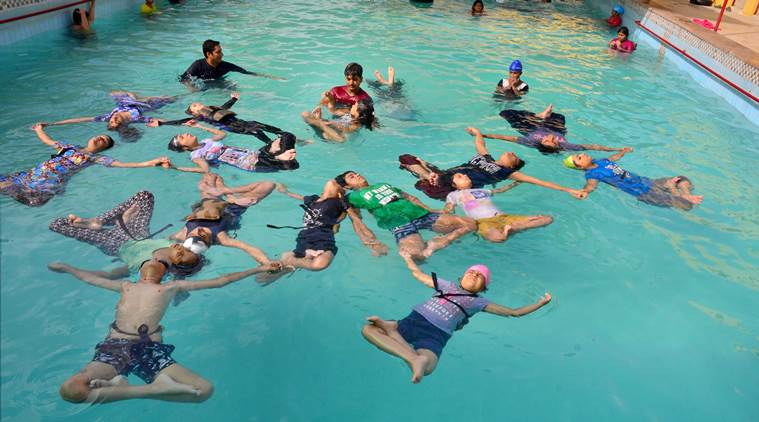I find brilliant the proposal which you can read below. Sports culture is also achieved with these initiatives that combine professionalism and passion, those of Valerio Piccioni, and that it would require a better diffusion beyond the moment in which they are presented. It’s not a current event, but the topics covered will be forever. The Miguel’s competition, launched “Miguel tells Rio”, continuing the ongoing collaboration between this event and the Rome schools. “This is a manifesto in which are hidden 50 stories of the Rio 2016 Olympic and Paralympic Games,” explains Valerio Piccioni, Gazzetta dello Sport journalist and creator of the race- not necessarily winning or stories of medalists – for example there is the first Kosovo medal or the favela that was cleared for the construction of the Olympic Park. Behind QR codes ,set among the images of the Games, there are many Olympic and Paralympic stories. They can be photographed and then dumped to see the stories. Miguel tells 50 stories of sports and life gathered during the 31ST Olympic Games in Rio de Janeiro “
Monthly Archive for June, 2017
Ai vostri posti
Il mondo, lo sport, le Olimpiadi. I campioni che hanno vinto e quelli che non ce l’hanno fatta
Valerio Piccioni, Gianni Bondini, Ivano Maiorella e Nicola Sbetti (Eds.)
Edizioni BookLab, 178 pagine a colori
The book can be requested at:
Ufficio stampa e comunicazione UISP, email: uisp@uisp.it tel.+ 39 06 43984305.
This book, published in 2016 Olympic year, contains biographies of about 50 champions of sport and humanity, They played a role in the sport history while not necessarily won the gold medal.
The Olympic year is an opportunity to re-read the Games through the lens of the social value of sport. Starting with the stories of champions who have won despite not having arrived first, women who made off in a historically male chauvinist, athletes and world symbol of the long March of rights, equal opportunities, anti-racism. “Here are the Pipers of this story: they are often the winners is inevitable but can sometimes also be the losers – writes in the opening of the book Valerio Piccioni, journalist – the readers have not to expect a single story, capable of saying anything at all. Rather, stories to discover or rediscover, that deserve to be told, helping us to understand the world.” The index of the book is very spread and divided into chapters evoking suggestions that they do read in one breath.
“War and peace” where we talk among more of the rivalry and friendship that did not like Hitler between American Owens and German Long, or the history of Zatopek between victories and Russian tanks, or that one of Black September and the Munich Olympics. “Losers or winners?” the Dorando Pietri’s story and the Games lost, to Ron Clarke, the Kenyan champion who was told he could never run. “Olympic challenges teachers of history” whenTito beats Stalin on a soccer field in 1952, the Hungarian war and water polo, the baseball match United States of America-Cuba at Olympic Games Atlanta.
These 13 chapters show how history, sport, society and culture constitute together an inseparable relationship. It’s a book for everyone, for those who love sports and want to understand its deeper meaning, beyond the current trends, but it is also a book for those who think that sport is a simple exercise, without understanding the value for the development of the human being. Finally, it’s a book where it’s showed that sport is an expression of the culture in which we are immersed and sometimes expressed, as in all forms of abuse which we know, the worst values of our society. For these reasons, sport needs to be defended, to spread its constructive role in the development of the culture where we live. “Ai vostri posti” provides precisely this contribution and the only regret is that it has not been found a wider diffusion as it deserves.
Manuel de Los Santos, a golf player who lost a leg in a motorcycle accident in 2003, is taking part this week at the Hauts de France Open. This is the first time a disabled player competes in a Challenge Tour tournament.
The psychological skills the athletes must show in competition and in training are often difficult to list, because the risk is to do a very long and too generic list. Nevertheless, today I would like to try to identify, from my point of view, the skills that can represent milestones in the athletes’ sport careers.
- Self-control – it means knowing what are the behaviors to put in place to address the competition requests. The self-control requires respect for opponents; at the same time the athletes must be the leader of themselves, to overcome the difficulties posed by the races and opponents with the aim of providing the best performance.
- Readiness for action – the athletes are persons oriented to act and therefore they must be ready to kick a ball, pulling a shot, to run in a precise rhythm, to anticipate opponents, to start rather than conclude effectively a race and so on. Readiness goes with high levels of situational awareness: the athletes have to know what to do at any given time and do it at their best.
- Toughness and resiliency – I did not completely understand the distinction between these two psychological concepts, but I believe the athletes should continue to do the best even when they are tired, when all seems lost, during the decisive moments, at the end of the race, when they feel confused but know they have prepared an action plan for those moments.
- Attention – Robert Nideffer said the attention is the only important thing in the decisive moments. I agree and, that is the reason, I consider it as the ability allowing to lead the mental commitment. The athletes have to know what to look for, knowing when to use a broad attentional style oriented toward the environment rather than a narrow attentional style, more focused on very few external factors. Without proper attention they cannot understand what is going to happen and to move in advance.
- Optimism – The explanation of the performance results is an important factor, because it determines the expectation in relation to the future competitions. Humans are often engaged to explain their positive and negative results. It is therefore essential, the athletes develop an optimistic perception of their performances, because if they explain the positive results in term of luck or lack of competent opponents is unlikely they improve and gain a winning mind.
Unfortunately, the vast majority of Americans don’t get enough exercise and a growing segment doesn’t get any exercise. Technology has allowed us to get by with less and less physical activity. Seventy-five years ago, it was very difficult to even make a living sitting down, but nowadays more and more people work sedentary jobs where they are seated a big portion of the day—and their bodies are rebelling for it!
- Diabetes is on the increase and predicted to affect 1 in 3 people by 2050.
- 70.7% percent of Americans aged 20 and older are overweight
- 37.9% of Americans aged 20 and older are obese
- Heart disease is still the leading cause of death in America. One in three deaths is related to heart disease
In 2017, US-NIH will launch a huge study to document in detail exactly what is happening in the body when exercising and prove that exercise is medicine.
The six-year, $170 million study will follow 3,000 sedentary people ranging from children to the elderly as they embark on an exercise program. A control group, who will remain sedentary, will also be tracked for comparison.
José Maria Cagigal (1928 – Madrid) played a fundamental role to establish for the first time in the world an international network in the field of sport psychology, culminated in the foundation of the International Society of Sport Psychology. In fact, it was during the 4th Congress of the Groupement Latin de Medecine Physique et des Sports, Barcelona, 1963, that Ferruccio Antonelli, Michel Bouet and José Maria Cagigal discussed about their interest in the sport psychological aspect and speculated upon the organization of a worldwide congress. His key role was clearly recognized by Antonelli, in 1973, during the ISSP Congress: “I want to remember that, it’s not wrong, to say that the scientific Sport psychology was born in Spain.”
Cagigal was the first director of the Institutos Nacionales de Educacion Fisica (INEF), the first founded in Madrid in 1967, where it was included the field of psychology, establishing a strict connection between the pedagogy and the sport psychology. He was one of the first to distinguish between the sport-business and the sport as a free movement of all people. His legacy will be remembered in Sevilla during the next ISSP Congress

The events of recent weeks have driven us to be afraid to go to the public events or take a trip to London but the response should not be to close inside home but to do as in Manchester, 50,000 people together again to say that we trust and believe in freedom. We live in a present dilated at global dimension. Whatever happens somewhere in the world we immediately know, from bombs in Kabul, the attack in London until the panic of the crowd in Turin. They are different stories but linked by the information; we are constantly overwhelmed in real time. This continuous whirl of news has made smaller the world in our perception, because this instant sharing reduces geographical distances and stimulates us to feel in danger. The attacks want to achieve this goal by hitting our lifestyle, the freedom to walk freely in the streets, going to concerts, having fun, going to a game or see it in a square. The speed of information is an additional weapon used by the terrorists, as we know all the while after that happened, without being prepared to mitigate the backlash on our minds. To not feel crushed by the weight of these news and insecurity that can generate, we must then learn to reassure ourselves and who lives with us. In fact, there is no ready way to respond to these tragedies and fears that we seek, we have to keep doing what we’ve always done. Sports and music can help, because they are passion shared and meet in deep the desire to be together. They represent, therefore, an antidote to the unspoken tension lived under skin, which accumulates every day if not melted in the practice of interests that unite, feeling shared emotions and which enrich our existence. We must continue to spread the culture in all its forms from sports to music and art. As individuals we are the keepers of our culture, that we must be able to demonstrate freely, don’t forget it when we’ll we have the doubt to go to a game, to participate in a race or allow our sons to go to a concert.
“Hearts DON’T TREMBLE” Football Together meets Amatrice Arquata and Accumoli in Roma, May 20, 2017.
A day of sport and integration between soccer school children of Amatrice, Arquata, Accumoli and those of the integrated football of AS Roma. The Rome Cares and the Integrated Football Academy, in collaboration with the group the three municipalities affected by the earthquake spent a day together of football, solidarity and sociability so that children and their families can feel and share how the real sport is able to communicate the joy of being together.
Integrated football aims to promote physical activity and teaching of football among young between the ages of 6 and 12 years. The goal is to improve the quality of their lives through the practice of sport but also to build a community where school , family, sport organization and team can feel part of a project, to facilitate the empowerment of each child, just as it was defined by the International Paralympic Committee.







